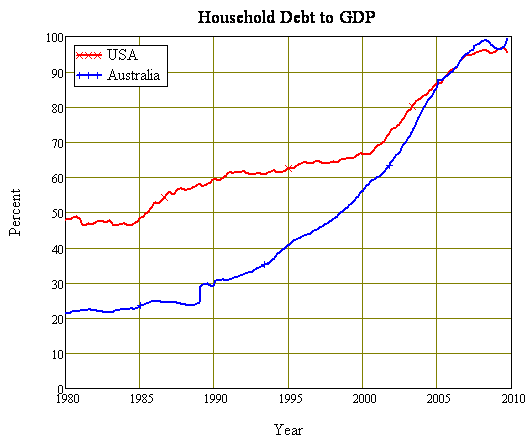
“The Marxian view is that capitalistic economies are inherently unstable and that excessive accumulation of capital will lead to increasingly severe economic crises. Growth theory, which has proved to be empirically successful, says this is not true.
The capitalistic economy is stable, and absent some change in technology or the rules of the economic game, the economy converges to a constant growth path with the standard of living doubling every 40 years.
In the 1930s, there was an important change in the rules of the economic game. This change lowered the steady-state market hours. The Keynesians had it all wrong.
 House Prices Are Not Normal
House Prices Are Not Normal


